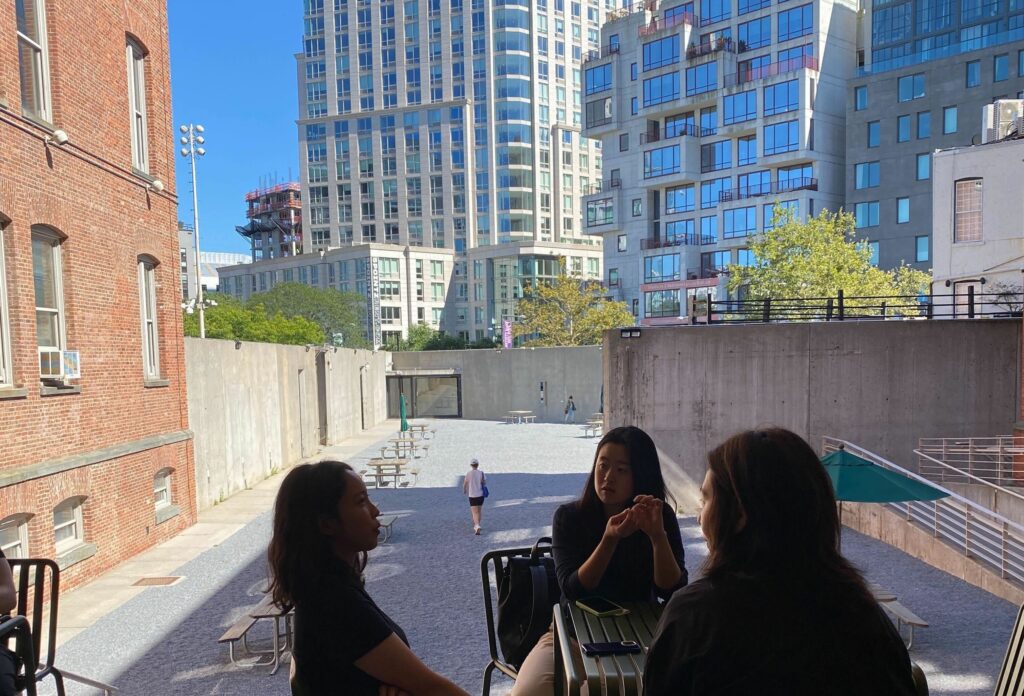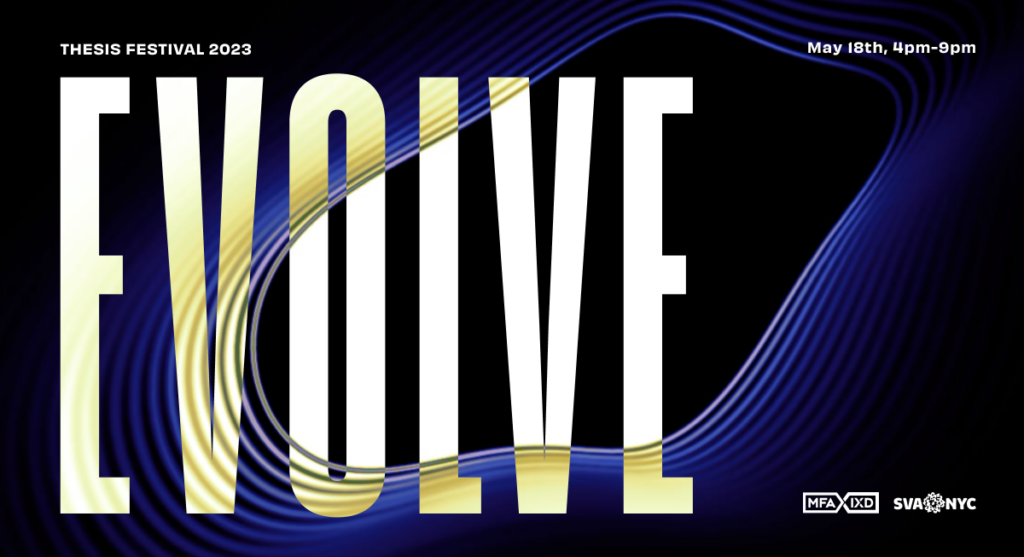Over at Urban Omnibus, faculty member Rachel Abrams joins design writer Alissa Walker in a review of last week’s Postopolis LA. Sponsored by the Storefront for Art & Architecture and ForYourArt, the five-day “blogathon” on architecture, urbanism, landscape, and design was a 5PM to 11PM conversation binge set at the very real, live concrete roof atop The Standard Hotel in Los Angeles.
Here’s a teaser:
R: Did you feel like this was primarily a celebration of blogging or of architecture or urbanism or something else all together?
A: I think it represented a very interesting convergence of information and urbanism. I think blogging as a phenomenon is kind of boring to talk about, but what it represents is really just a faster way of disseminating good ideas about where and how we live (and Twitter is maybe even better). Maybe the point of all this is that we’re able to affect cities more intelligently by understanding them better, and now, thanks to our ability to share this information more efficiently, we will? What do you think?
R: I absolutely agree that the draw for me was far more the subject matter, than the format – I’m taking the ‘it’s the content, stupid’ approach, as usual. Converging on shared interests creates community, and that’s one reason I made the trip out here – to participate, instead of just reading about it. When I’ve described Postopolis to others, I’ve made a point of saying it’s about urbanism and technology: the intersection of physical place and information space, not just about blogging about cities.
That said, there’s definitely a quality to this that’s defined by the format – something appealing about seeing some of my favorite online foragers coming out from behind the screen to put faces to what and who they’ve gathered on their blogs. I mean, when I scroll through archive lists of months and years of posts, my mind boggles that there’s a real person, with bills to pay and a life to lead, behind these editorial ziggurats that the rest of us gobble up and trade with others. But more impressive than the discipline of maintaining that curatorial role is what they’ve documented: Yes, your idea that we’re able to impose ourselves on the city by understanding it better is key; how better representations of cities improve our understanding, experience and engagement with cities is of particular interest to me – I’m here for the dynamic data visualizers, the graphic storytellers, the spoken word poets, pretty much anyone who forsakes PowerPoint.
Read the full review, “The Post Postopolis Post,” at Urban Omnibus.


